New construction vs old construction home values
gamecock43
15 years ago
Featured Answer
Sort by:Oldest
Comments (19)
triciae
15 years agolast modified: 9 years agodevorah
15 years agolast modified: 9 years agoRelated Discussions
window replacement and new siding - new construction vs vinyl in WI?
Comments (11)We have been replacing windows over the past two years and have had our local glass replacement business, which does windows and glass shower door installations, do the work. The second floor windows were done by a different installer who took too long and was a one-man operation. Each installer, we found, used windows manufactured by small operations -- one in Minnesota and one in Ohio. We've found that most replacement windows were manufactured the same way and looked very similar. The important factor was the installer, his/her skill, and knowledge about what they were doing. Our installer even replaced some interior trim in the kitchen. We removed the old wood windows which were original to our 1928 home with vinyl. Very happy with the results. So my point is to check with your local business and they will tell you who they use, give you an estimate, and references. Good luck!...See MoreNew Construction Home: Pay Cash vs Construction Loan
Comments (4)Yes to your own RE attorney. Yes to a methodology of lien release tracking. Yes to setting up a construction draw schedule even if you don't have a loan. Your builder should know when he needs draws and design a schedule for you. Planning is everything. Know what you want and stick to it. Strangely enough, once the foundation is dug, a lot of risk diminishes. If there are no rocks or water, your foundation costs drop off. Shop around for other lenders. You only need a construction loan. Not a construction to perm. They are different. It's good to have a line of credit in your back pocket when building. I suggest you explore a home equity line of credit on your current home. If you need it, you have it. If you don't use it, you were prepared. Lenders will love you. They love to lend to people who don't need the money. And, they love lending to people who already own the land. Expect and prepare for cost overruns. Construction lending is high risk and you are lowest level of risk of a high risk endeavor. Make the lenders compete for your business....See Morejumbo construction loan with new construction ADVICE needed!
Comments (19)My husband and I ran into a similar problem when we had our big addition/remodel. What my husband did was contacted both the bank and the appraisal company and showed them our building plans and asked that they base the appraisal on the prospective build out. The bank worked with us. The residential lending officers actually visited our home on three separate occasions to ensure that we were in fact upgrading the home to the level we proposed we would, understandably they needed to ensure their money was going where it should be. So about midway through the project they increased our construction loan by 25,000, and 3/4 into the project they gave us the final 40,000 they agreed to lend us. This was still about 25,000 shy of our desired amount. In addition to our discussion with the bank, we sat with the contractor and asked where we could cut some corners. He offered us the opportunity to do some “homework” throughout the project which included cleaning up the work site at the end of the day ourselves and preparing the area for the following day, drilling holes in the framing to save a ton of time that we would normally pay the electricians 125 per hour to do, and the biggest savings was painting the house ourselves. You may not have the time or desire to do this much hands on but I gotta day not only did we save enough to complete the project, but we came in under budget enough to furnish a few of the rooms. Best of Luck!...See MoreConstruction loan or HELOC to fund new construction?
Comments (7)It is very hard to get funding for construction. I am an architect, in a not popular company in Florida. I always wanted something more but it is hard to get up in this domain without experience. I am getting a lot of orders and I need to make the best project to approve my building. I spend nights in a row just to make the layout of the building. I try to make my layout impressive so I always to it very big and tall. Sometimes I can use Mi tower hire just to finish it. The size of the layout can impress the investors and choose your project to become real....See Morescootawop
15 years agolast modified: 9 years agogamecock43
15 years agolast modified: 9 years agogamecock43
15 years agolast modified: 9 years agosameboat
15 years agolast modified: 9 years agosusanjn
15 years agolast modified: 9 years agochisue
15 years agolast modified: 9 years agogamecock43
15 years agolast modified: 9 years agojakkom
15 years agolast modified: 9 years agoeandhl
15 years agolast modified: 9 years agojenanla
15 years agolast modified: 9 years agotheroselvr
15 years agolast modified: 9 years agoUser
15 years agoscootawop
15 years agolast modified: 9 years agoheimert
15 years agolast modified: 9 years agomandogirl
15 years agolast modified: 9 years agotalley_sue_nyc
15 years agolast modified: 9 years ago
Related Stories
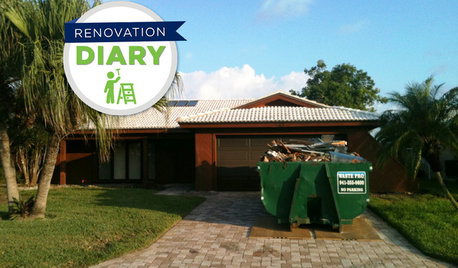
REMODELING GUIDESPlan Your Home Remodel: The Construction Phase
Renovation Diary, Part 3: The Dumpster arrives, and a little designing on the fly comes in handy
Full Story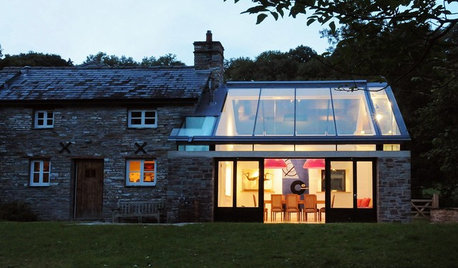
BUDGETING YOUR PROJECTDesign Workshop: Is a Phased Construction Project Right for You?
Breaking up your remodel or custom home project has benefits and disadvantages. See if it’s right for you
Full Story
GREEN BUILDINGInsulation Basics: Heat, R-Value and the Building Envelope
Learn how heat moves through a home and the materials that can stop it, to make sure your insulation is as effective as you think
Full Story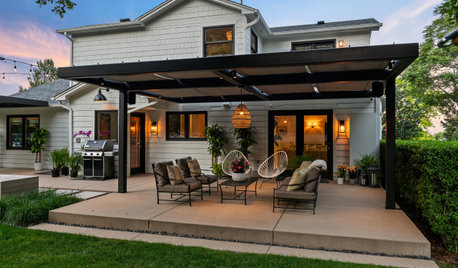
WORKING WITH PROSYour Guide to a Smooth-Running Construction Project
Find out how to save time, money and your sanity when building new or remodeling
Full Story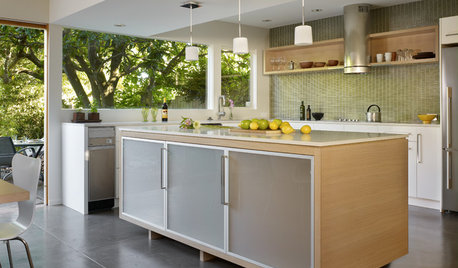
REMODELING GUIDESWhat to Consider Before Starting Construction
Reduce building hassles by learning how to vet general contractors and compare bids
Full Story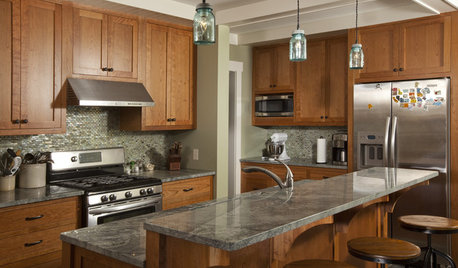
KITCHEN CABINETSCabinets 101: How to Choose Construction, Materials and Style
Do you want custom, semicustom or stock cabinets? Frameless or framed construction? We review the options
Full Story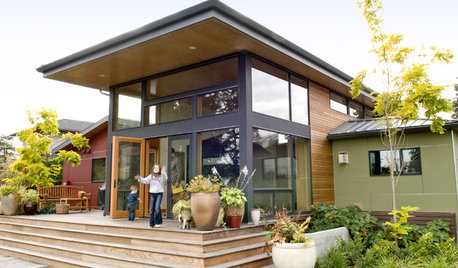
SELLING YOUR HOUSE10 Ways to Boost Your Home's Resale Value
Figure out which renovations will pay off, and you'll have more money in your pocket when that 'Sold' sign is hung
Full Story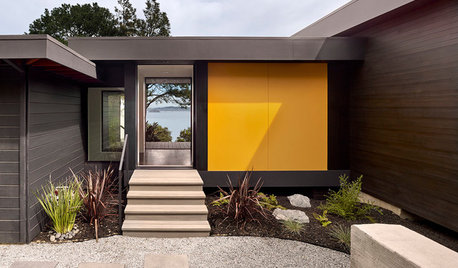
BUDGETING YOUR PROJECTConstruction Contracts: What to Know About Estimates vs. Bids
Understanding how contractors bill for services can help you keep costs down and your project on track
Full Story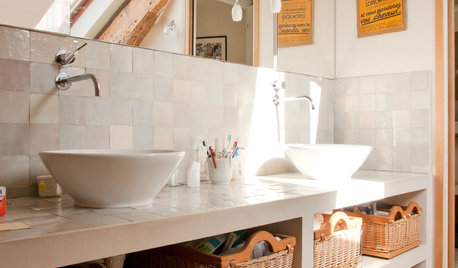
WORKING WITH PROSConstruction Contracts: How to Understand What You Are Buying
Learn how plans, scope of work and specifications define the work to be completed
Full Story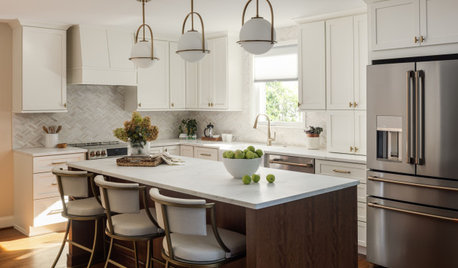
MOST POPULAR5 Remodels That Make Good Resale Value Sense — and 5 That Don’t
Find out which projects offer the best return on your investment dollars
Full Story



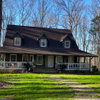
acdesignsky